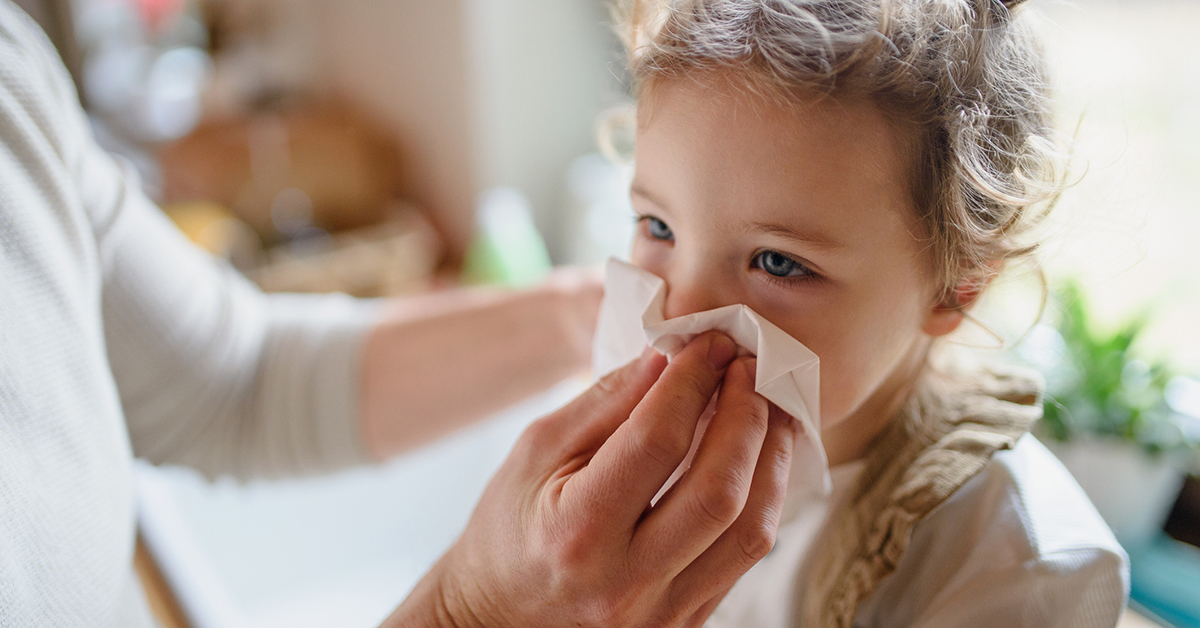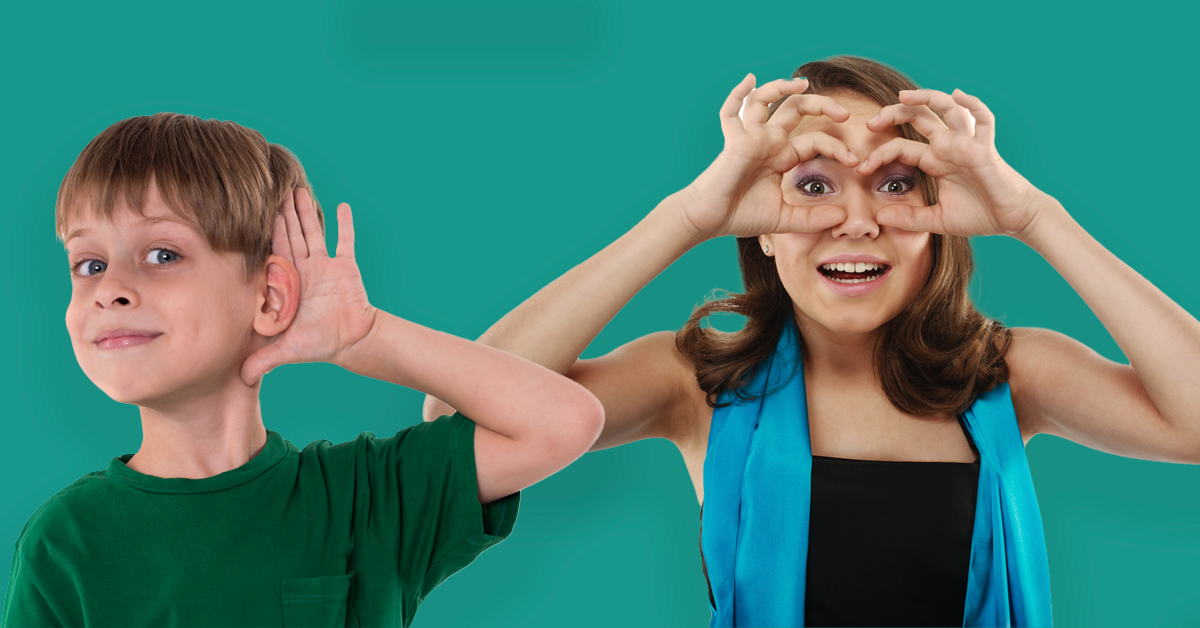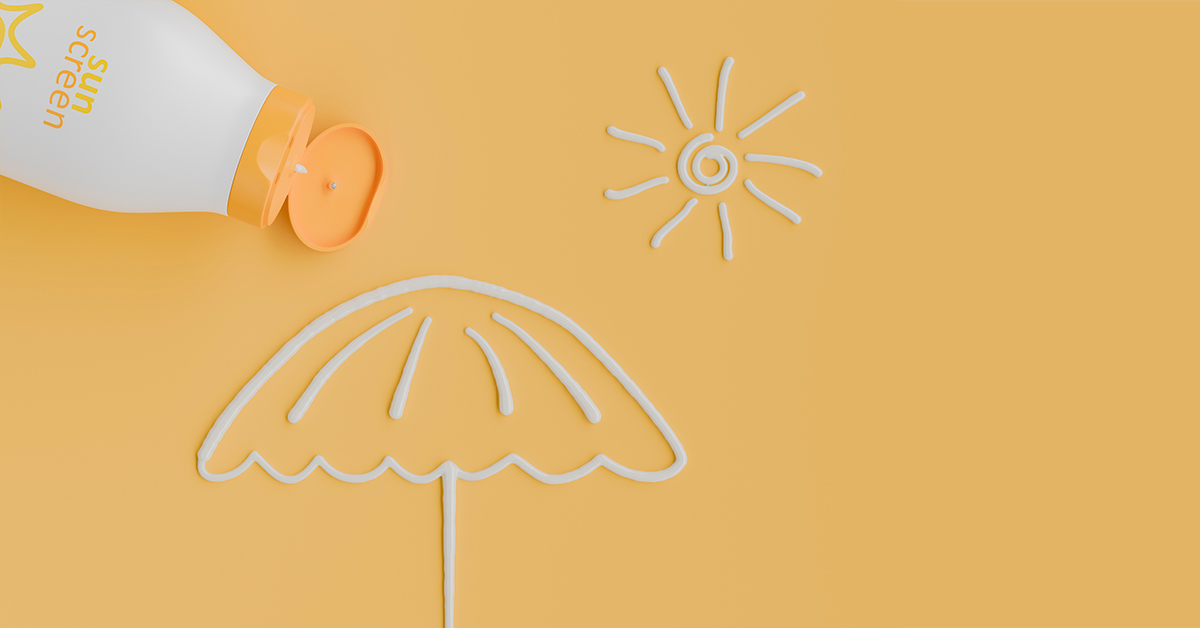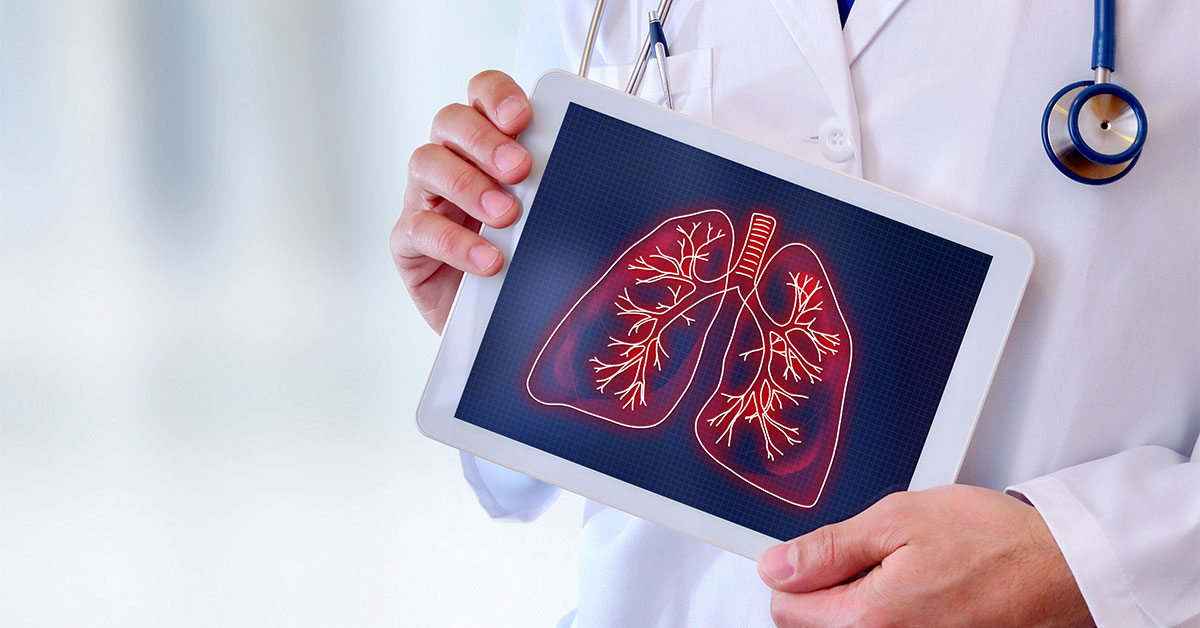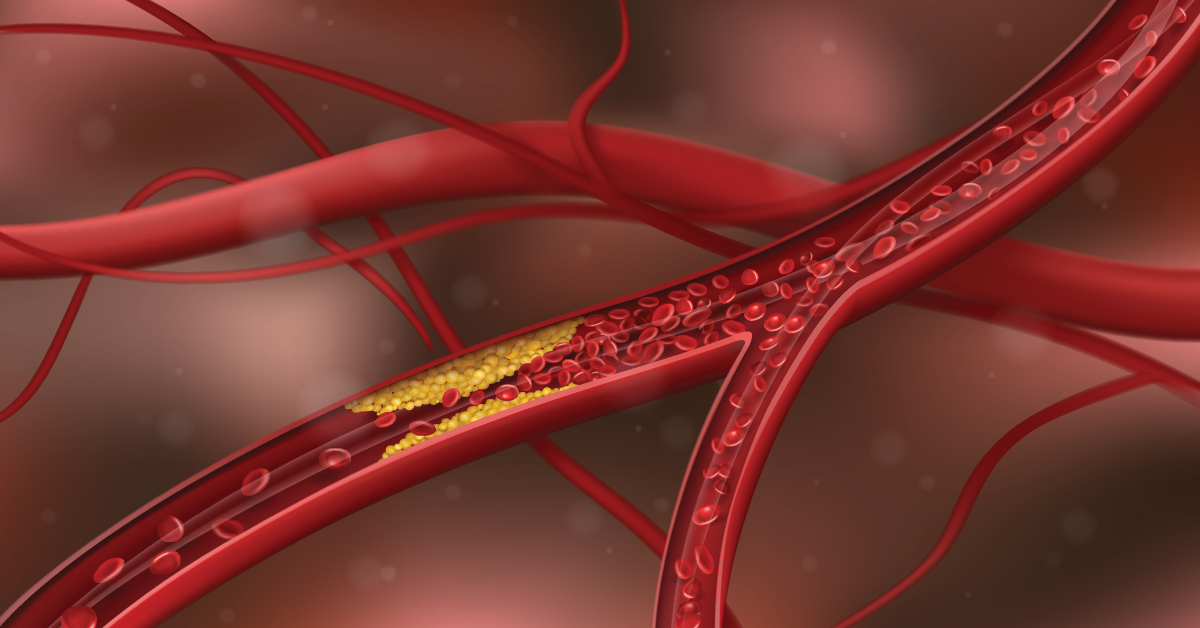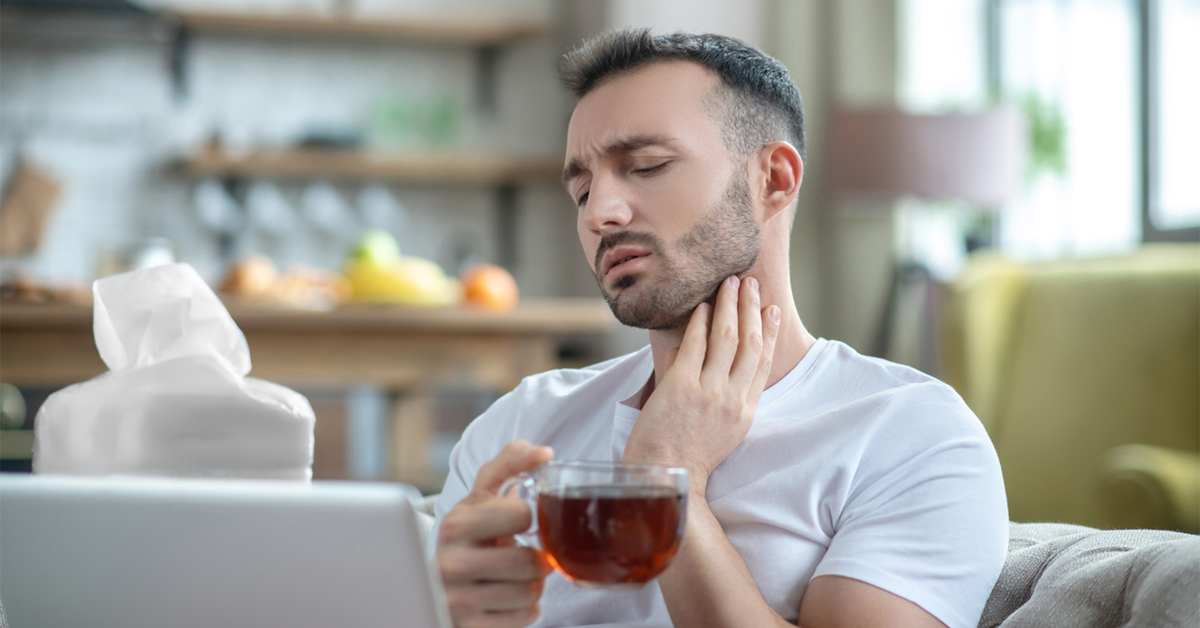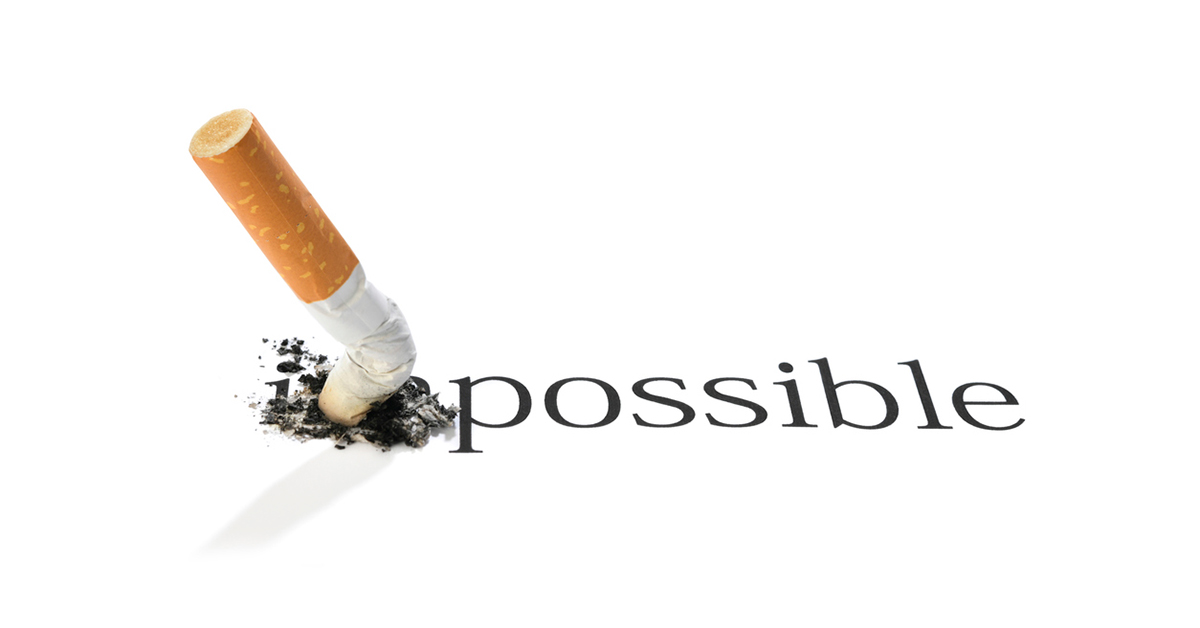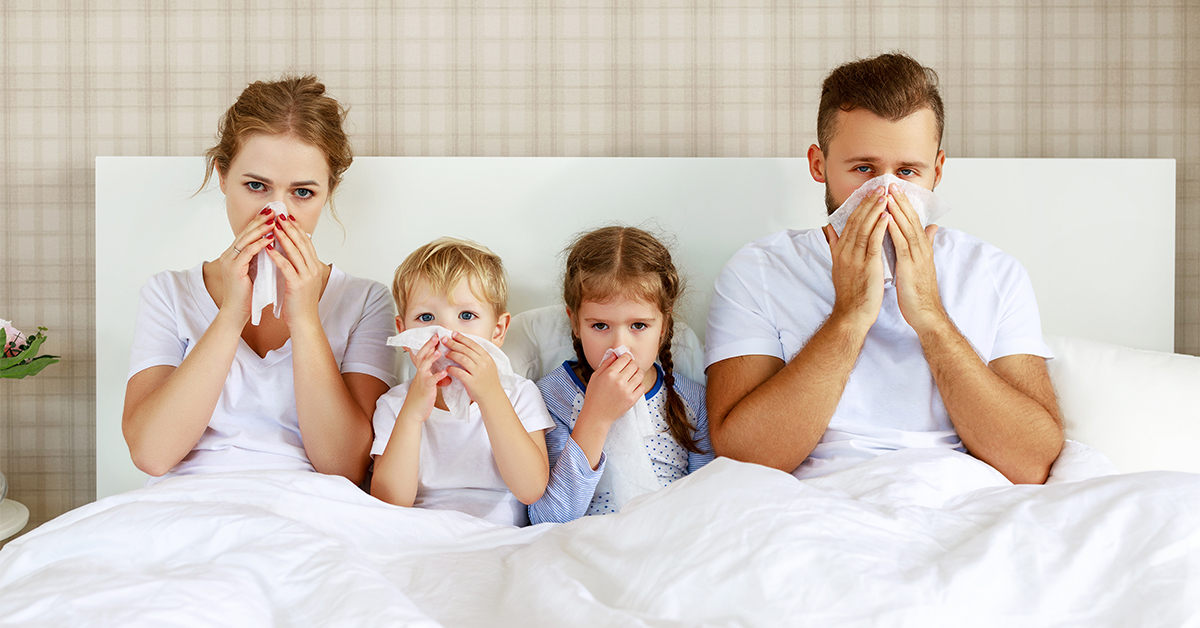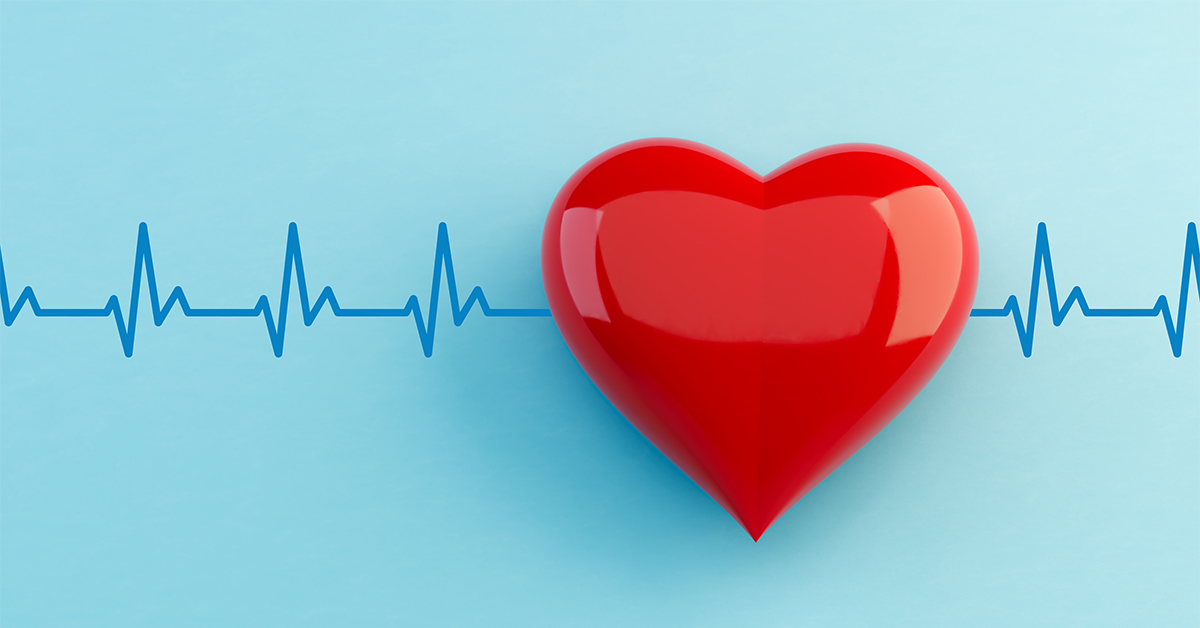With public health information primarily focused on COVID-19, it’s essential to keep in mind there are other respiratory viruses that course through our communities at this time of year. In addition to influenza (the flu), there is Respiratory Syncytial Virus (RSV). This year, RSV was seen earlier in Minnesota than in years past.
This respiratory illness is common, and it usually isn’t severe. Typically, it causes mild cold-like symptoms. However, RSV can be serious for infants and older adults. In the United States, RSV is the most common cause of pneumonia (an infection in the lungs) and bronchiolitis (when the small airways in the lungs are inflamed) in children younger than one year of age.
Healthy adults and infants infected with RSV do not usually need to be hospitalized. But if they are having trouble breathing or are dehydrated, they may need hospital care. In the most severe cases, a person may require additional oxygen or intubation with mechanical ventilation. In most of these cases, hospitalization only lasts a few days.
Symptoms
People infected with RSV often show symptoms within 4-6 days after getting infected. The symptoms include:
- runny nose
- decreased appetite
- coughing, sneezing
- fever
- wheezing
These symptoms do not usually appear all at once. Instead, they appear in stages.
Note: In very young infants with RSV, the only symptoms may be irritability, decreased activity, and breathing difficulties.
Treatment
There is no specific treatment for RSV infection. Because it is a virus, antibiotics are not used. (Antibiotics are used for bacterial infections.) Most RSV infections clear up on their own within a week or two.
You can, however, take steps to lessen the symptoms.
- Manage fever and pain with over-the-counter fever reducers and pain relievers, such as acetaminophen (Tylenol) or ibuprofen (Advil). Be sure to talk with your pharmacist or primary care provider about doses. Ibuprofen is typically avoided in children six months and younger.
- Drink enough fluids. If you or a loved one has RSV, it’s essential to drink enough fluids to prevent dehydration (loss of body fluids).
- Talk to your healthcare provider before giving your child nonprescription cold medicines. Some medicines contain ingredients that are not good for children.
Prevention
Below are steps to take to help prevent the spread of RSV. These steps are really important if you have cold-like symptoms.
- Cover coughs and sneezes with a tissue or upper shirt sleeve, not your hands
- Wash your hands often with soap and water for at least 20 seconds
- Avoid close contact, such as kissing, shaking hands, and sharing cups and eating utensils, with others
- Clean frequently touched surfaces such as doorknobs and mobile devices
Ideally, people with cold-like symptoms should not interact with children at high risk for severe RSV disease, including premature infants, children younger than two years of age with chronic lung or heart conditions, and children with weakened immune systems.
If this is not possible, they should carefully follow the prevention steps mentioned above and wash their hands before interacting with such children. They should also refrain from kissing high-risk children while they have cold-like symptoms.
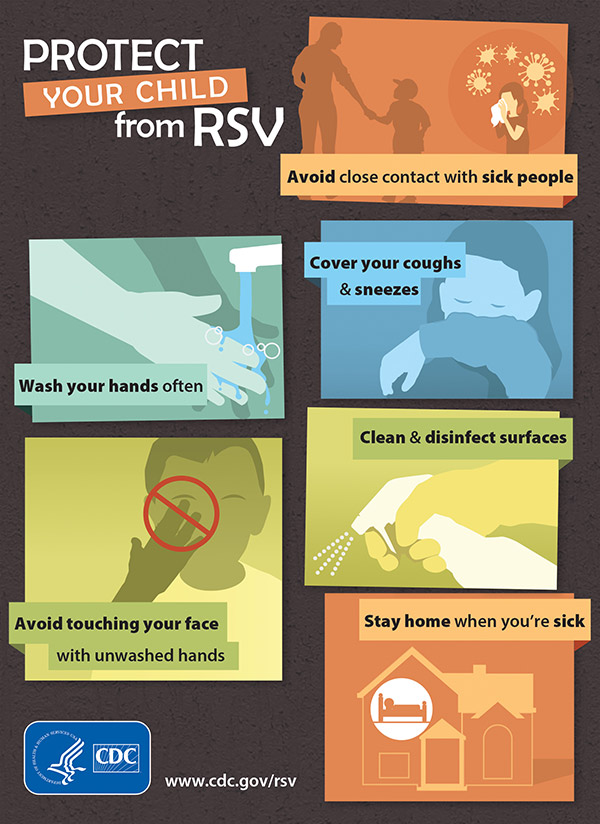
Parents of children at high risk for developing severe RSV disease should help their child, when possible, do the following:
- Avoid close contact with sick people
- Wash their hands often with soap and water for at least 20 seconds
- Avoid touching their face with unwashed hands
- Limit the time they spend in child-care centers or other potentially contagious settings, especially during fall, winter, and spring. This may help prevent infection and the spread of the virus during the RSV season


